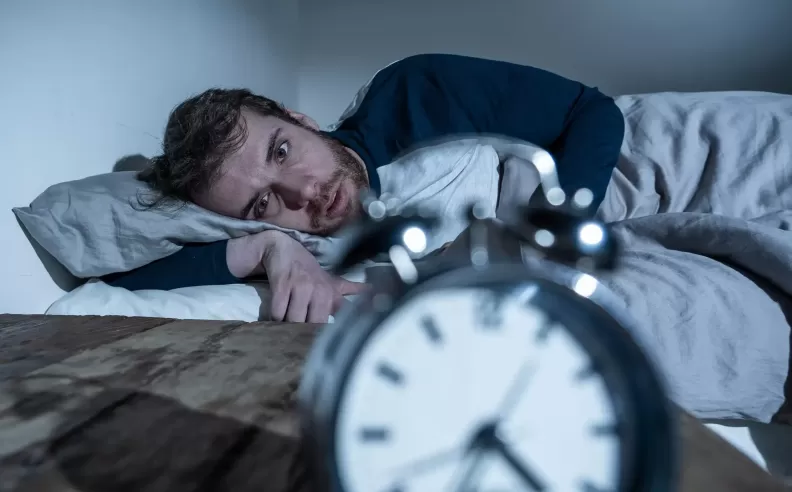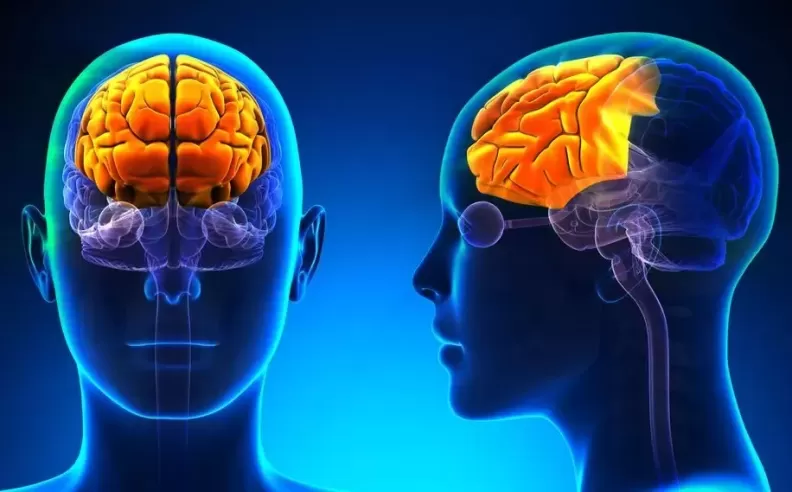
In a fast-paced world, cutting down on sleep feels normal for many men who stay up late working or scrolling through their phones. But science shows that sleeping less than six hours doesn’t just cause tiredness it can actually shrink the brain over time. This subtle decline affects memory, focus, and overall mood, making quality rest more essential than ever.

Recent MRI-based studies reveal that people who consistently sleep under six hours lose about 0.2% more hippocampal volume each year the part of the brain responsible for learning and memory. Over time, this adds up to noticeable shrinkage, accelerating cognitive decline. Simply put, skipping sleep robs the brain of its strength and slows down its ability to process and store new information.

Deep sleep allows the brain to “flush out” toxins that accumulate during the day. Without enough rest, those toxins remain, damaging neurons tied to memory. Research shows that middle-aged adults who sleep less than six hours regularly have a 30% higher risk of developing dementia later in life. Quality sleep doesn’t just recharge the body it protects the mind’s long-term vitality.

Brain scans show that chronic sleep deprivation can make the brain appear 2.6 years older than its actual age. That means poor sleep doesn’t just drain your energy it speeds up brain aging. The effect may not be reversible, emphasizing how vital consistent, restorative rest is for preserving mental sharpness and emotional balance.

Healthy sleep is about both duration and quality. Experts recommend seven to eight hours of uninterrupted rest in a dark, quiet room. Avoiding screens at least one hour before bed helps the brain enter a natural relaxation state. These simple habits enhance deep sleep, allowing brain cells to repair and reset the true secret to staying sharp, calm, and in control.

Started my career in Automotive Journalism in 2015. Even though I'm a pharmacist, hanging around cars all the time has created a passion for the automotive industry since day 1.

